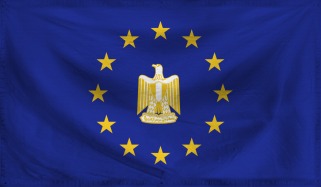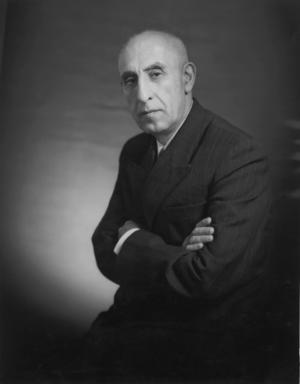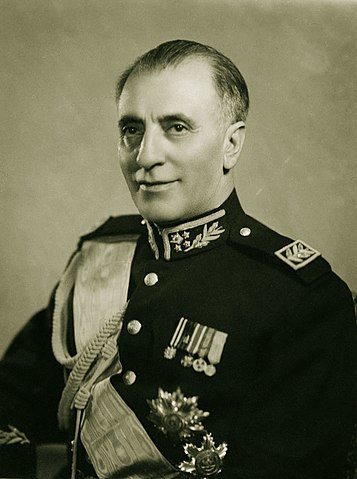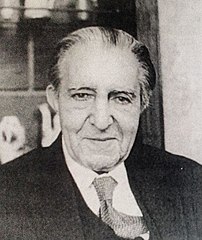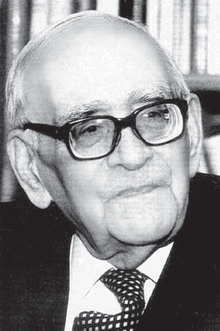Kamchakta wrote:To: President Vincent Auriol
Paris, Elysee Palace
Dear President Truman,
It is with deep regret that I must write this letter to you. The French Republic is suffering from the effects of World War 2 to this date and while my Presidency has been tied to Socialist movements. I must warn that if the current situation does not improve, the state of affairs in France might deteriorate to Communism which has been gaining popularity rapidly even in pre-war France. I fear for the safety of our sovereignty against the Eastern European menace.We sincerely hope more aid can be granted to helping our country get back on its feet.
We also hope you will support our withdrawal from Indochina. We have tried out best to prevent the Communist in the North gaining ground and it has bourne some fruit and we intend to relegate these duties to the Democratic Republic of Vietnam (South Vietnam currently). We hope you will further support them as we have against Ho Chi Minh's oppressive regime. As to our status regarding NATO. Many French citizens are as of yet unwilling to commit to such an Alliance which they view is the cause of the World Wars. Perhaps the aid and development of France will convince them otherwise?
Yours sincerely,
President Vincent Auriol
Paris, Elysee Palace
To: President Vincent Auriol
Paris, Elysee Palace
France already receives 18% of all Marshall Plan aid, the second highest recipient with the next highest receiving 11%. By the end of the plan you will have received over $3 billion (in 1950 dollars). I want to emphasize how unprecedented and generous this plan is so if you are truly in such dire straits stop wasting American dollars and take up good economic reforms.
We support you and the democratic movement in Vietnam as you withdraw from Indochina, we also recommend you ask for aid from the UN.
Yours sincerely,
President Harry S. Truman



